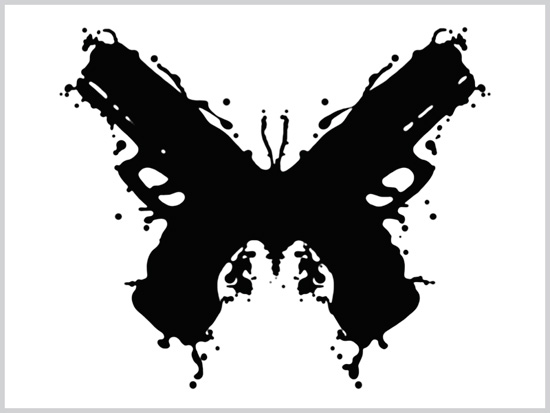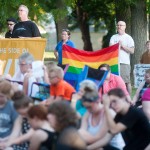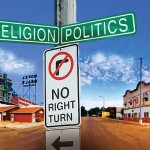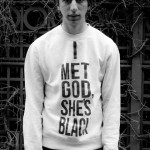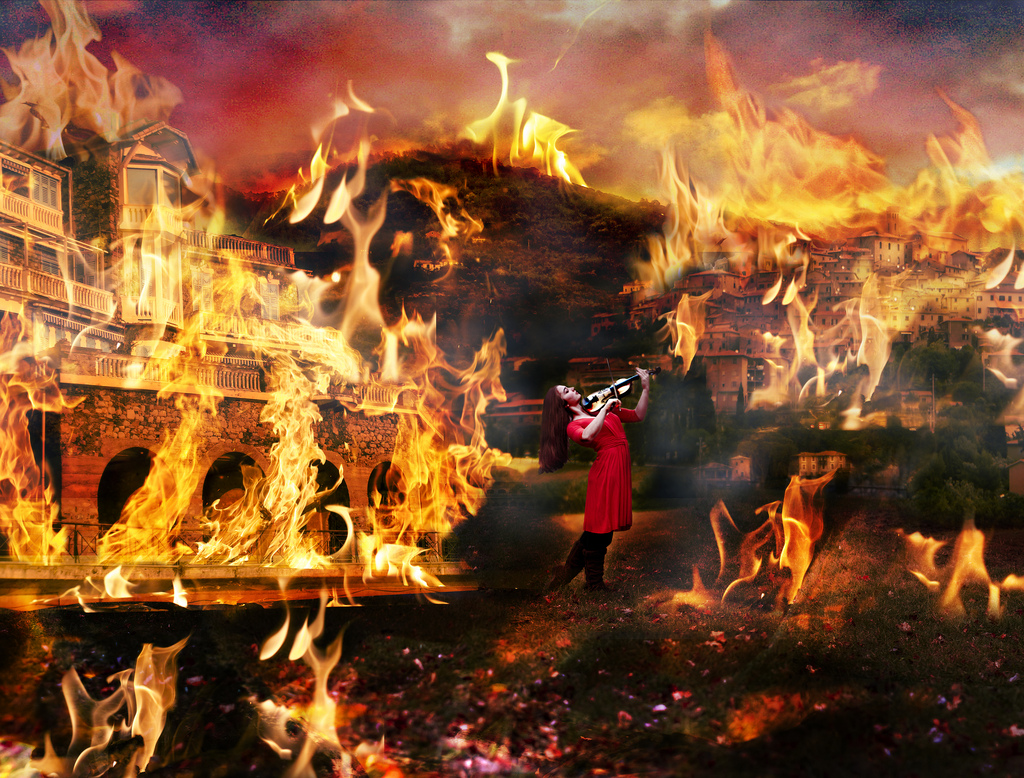In the wake of yet another tragic (and yet painfully predictable) incident of gun violence and religious zealotry, I recently found myself sharing the the grief and rage of a gay friend. My friend, who is an atheist, was directing his outrage at religion, especially theistic religion, because of the role it played in this most recent mass murder. While trying to console my friend, I also wanted to defend my co-religionists. Not all religious people are bigots, I said. And some of the victims themselves were likely religious. My friend was not mollified. And I was baffled by what I saw as my friend’s overly simplistic black-or-white thinking.
I am a non-theistic religious person. And I am strong advocate of gun control. I believe assault rifles should be banned and that that purchasing even a hunting rifle should be heavily regulated. So, naturally, I found myself wanting to blame the actions of this homicidal maniac on the lack of gun regulation instead of religion. As I listened to new reports and the ensuing debates, I mentally rehearsed my defenses to the atheists’ condemnation of religion. But something tugged at my attention. I noticed my defenses sounded eerily familiar. In fact, they sounded just like the defenses used by gun ownership advocates.
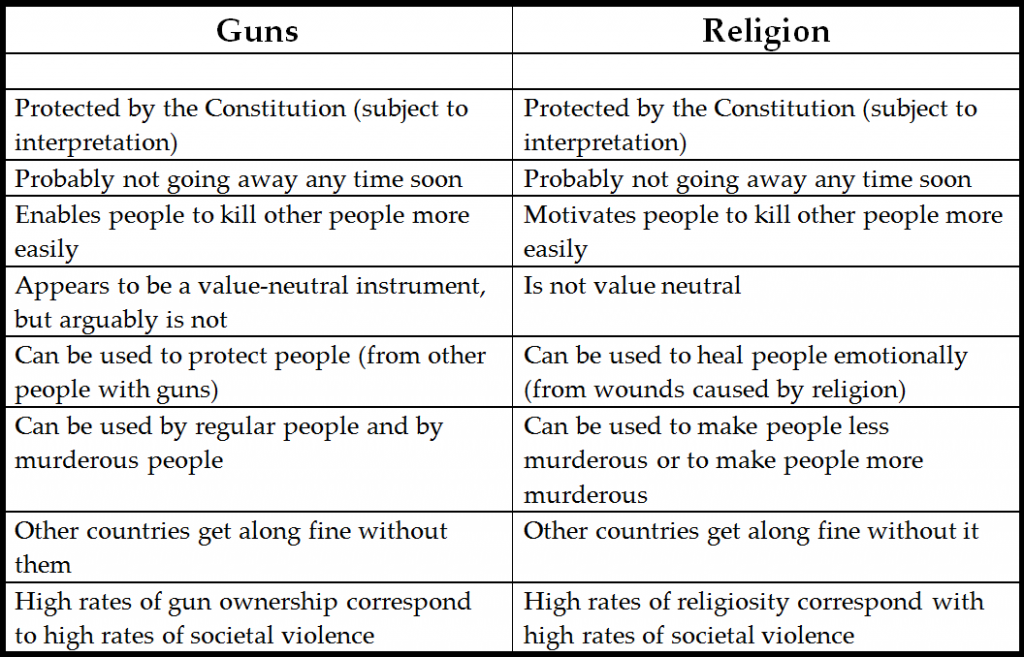 “Religion isn’t all bad,” I thought to myself, “There’s good religionists and bad religionists. It’s not fair to lump all religious people into the same category as one zealot. People will find excuses to kill each other even without religion. ” But I heard other words echoing in my head: Guns don’t kill people. People kill people. It’s not fair to lump all gun owners together with one deranged person. People will find ways to kill each other without guns.
“Religion isn’t all bad,” I thought to myself, “There’s good religionists and bad religionists. It’s not fair to lump all religious people into the same category as one zealot. People will find excuses to kill each other even without religion. ” But I heard other words echoing in my head: Guns don’t kill people. People kill people. It’s not fair to lump all gun owners together with one deranged person. People will find ways to kill each other without guns.
The truth is that there is a strong correlation between violence and religious belief, just as there is a strong correlation between violence and gun ownership. Of course, this statement leaves out a lot of nuance. And, also, correlation is not causation. But I keep coming back to the fact certain European countries seem to be getting along just fine without either guns or religion.
Why am I comfortable assigning blame to guns, but not to religion? After all, if we’re assigning blame, which deserves more of it: that which enables a person to murder (guns) or that which motivates a person to murder (religion)? The question made me very uncomfortable.
It seems that every mass murder turns into a Rorschach test for political belief. When we see tragedy, do we think “There’s too many guns” or “If only the victims had had guns”? Do we blame religion, or a specific religion, or a lack of (the right kind of) religion. If we blame mental illness, do we say “He was crazy” or do we say “If only he’d gotten the help he needed”? Do we blame the individual or society?
The answers to these questions probably tell us more about ourselves than they do about the actual problem. I’m a religious gun-control advocate, so naturally, I blame guns. I have to ask myself, why am I so quick to blame guns? Is it because I want to distract myself from the role that religion played in this tragedy?
I have to consider the possibility, as uncomfortable as it makes me, that the world would be better off without religion. And then perhaps I might have a sense of how some people feel when I suggest that the world would be better off without guns. Considering this makes it a little harder for me to vilify gun advocates.
If you were hoping I would suggest a solution to the problem of gun/religious violence, you’ll be disappointed. I’m still a religious gun control advocate, but I feel less certain that I have the answers. In fact, I am more confused than ever now. But there is a kind of virtue in confusion, I think. Clarity can be a scary thing sometimes … people who believe that killing others is justified can have a frightening clarity. So I’m embracing my confusion. I think that Oliver Wendell Holmes was right that there is a simplicity to be found “on the other side of complexity.” That simplicity has to be earned by working through the complexity, else we fall prey to the same kind dangerous simplicity that mass murders do.
As we work our way through the difficult questions in the following weeks and months, let us beware the simple answers. And let us embrace the complexity of our problems. Let us see those we disagree with, not as stereotyped one-dimensional opponents, but as fellow human beings with whom we must work out a way to live. Then maybe, just maybe, the means will become the ends, and we will just win our way through toward a peaceful and just future.

